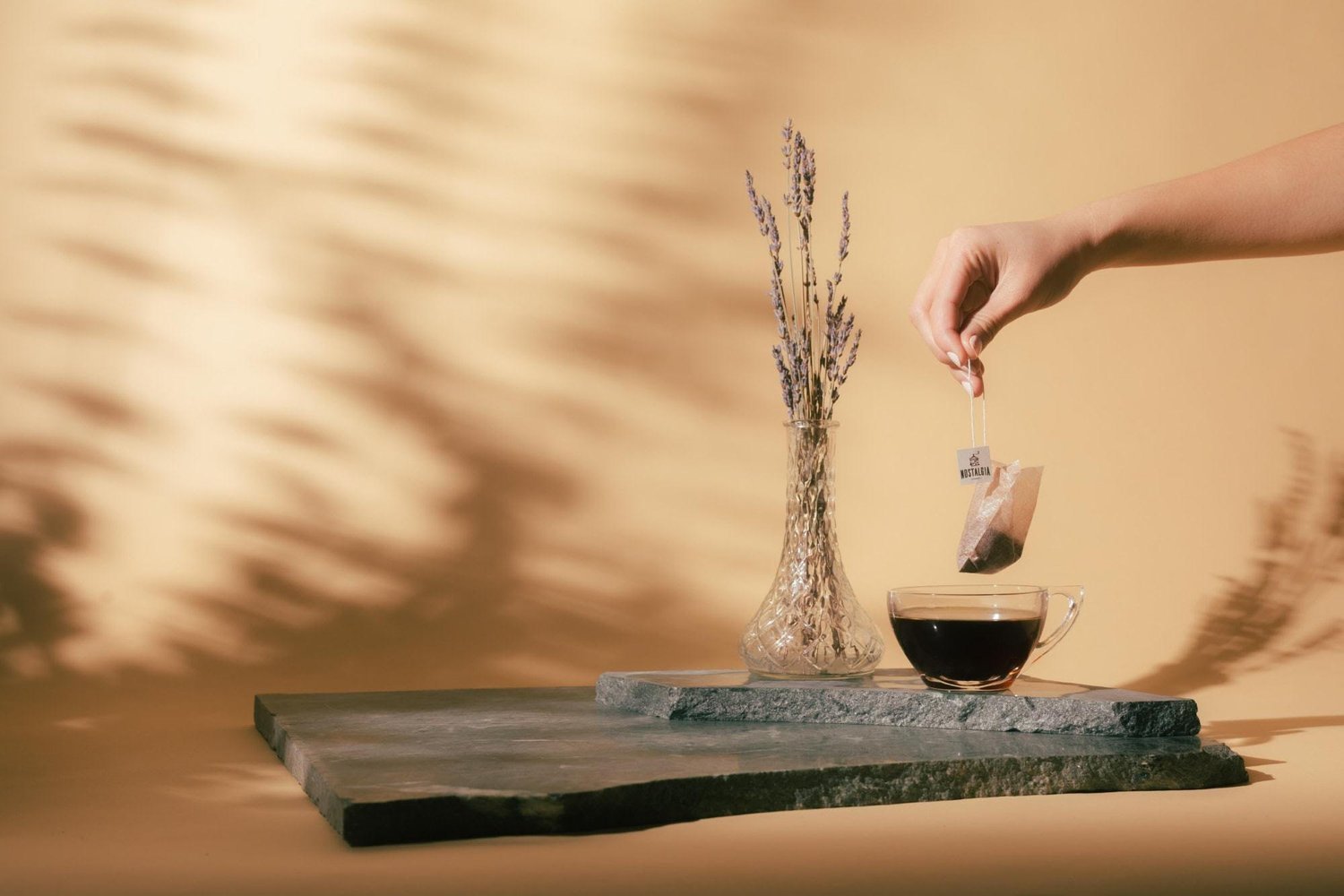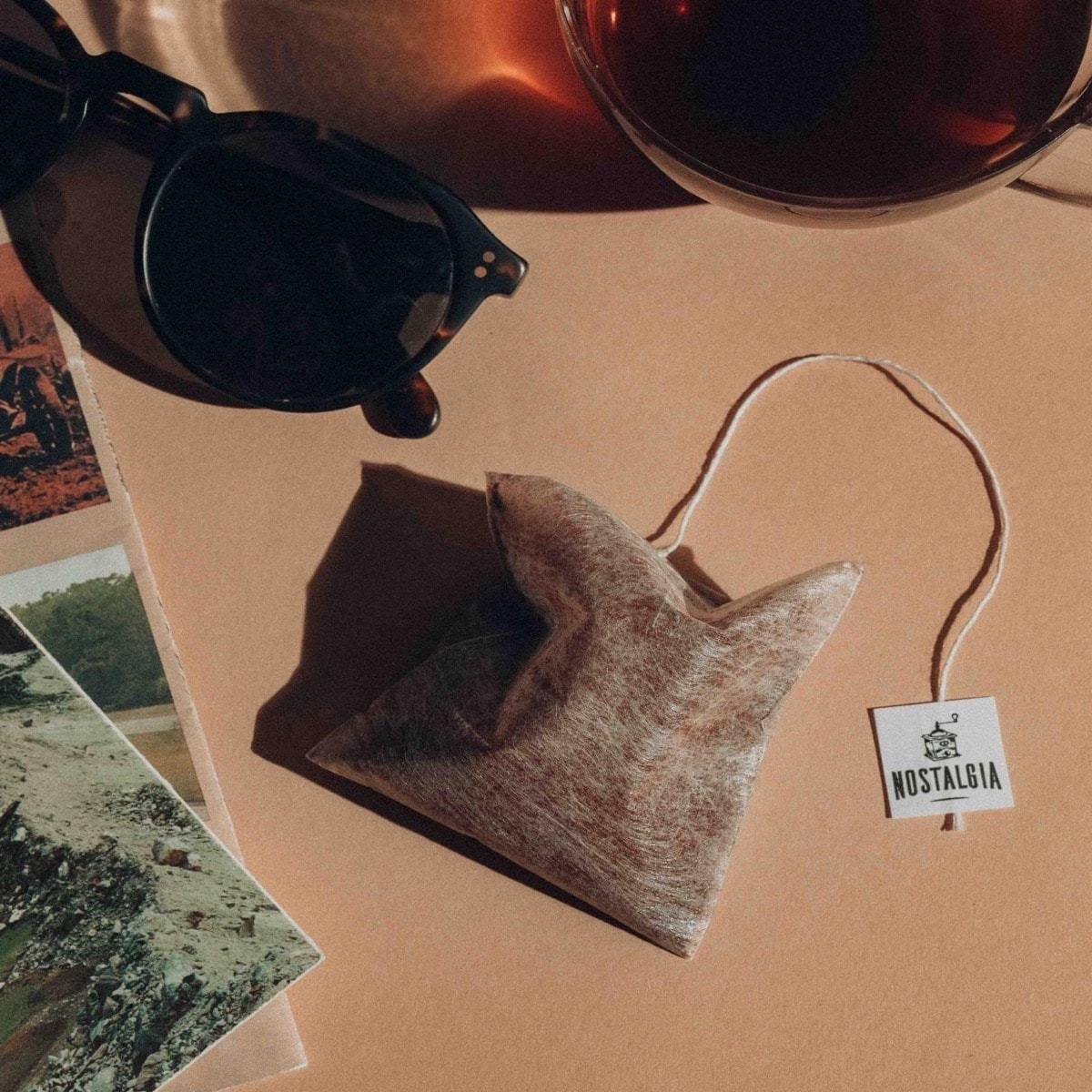Behind the Bar with Taylor Fields
Though Nostalgia Coffee Roasters has only been around for a couple of years and has largely sold their cups and beans from a pint-sized trailer parked in San Diego, a city known for having incredible coffee, they’re already making a name for themselves in the industry.
Many of their coffees have been ranked amongst the best of the best by Coffee Review, the world’s leading coffee guide. In fact, the first batch they released to the public received 93 points, making it the highest-rated blend in the United States at the time.
The key to their success? “Diversity and inclusion,” says founder Taylor Fields.
I recently sat down with Fields to chat about what the industry looks like where she’s based, the importance of people over product, and how she’s using her platform as a gay, female business owner to make changes in the coffee industry.
To start, can you tell me a bit about how and why you got into the coffee business?
Taylor: I fell in love with coffee while living in Chicago. At the time I was getting a degree in accounting and finance and was actually living above the Intelligentsia coffee shop. The shop was where I ended up studying for my CPA exam, usually about four hours a day and where I became interested in the art and science of coffee. Fast forward a bit and I was living in San Diego and working for a big accounting firm. Most days, myself and the other auditors would be working in a big conference room. I liked to bring in some coffee beans, a kettle, and a grinder, and during our lunch break, I’d do a little lesson on coffee. Basically, covering the different brewing methods, where coffee comes from, how it’s processed, and so on. It was a fun break for everyone to talk about coffee during a day where we’d otherwise be looking at spreadsheets for 12 hours.
At some point, while auditing all these companies whose founders had found what they love and started a company around it, I figured I should be doing something I loved. So back in 2017, the concept of Nostalgia was born. I bought a used trailer and built it out myself over the course of a year into a mobile cafe. That was going well in 2019 and 2020. Our biggest client was Intuit, which is affiliated with TurboTax, and we’d go to their campus and sell coffee to their 4,000 employees. They had free coffee in their offices, but there would still be a line of like 40 people all day waiting for our coffee. And during the pandemic, we also started roasting our own coffee.
Bailey: Right, I saw that you’ve said that that first batch, Memory Lane, is a coffee that’s meant to be inclusive. Can you explain what that means?
Taylor: It’s great for espresso, batch brew, cold brew, pour-over, whatever. If you’re a coffee aficionado or you’re new to coffee, you’re going to like it. We call it a porch pounder crowd-pleaser because it’s right in the middle of the spectrum. And that took us three months to figure out. We probably tried 70 different blend ratios and roast profiles to get it right. But it got 93 points from Coffee Review and it was the highest-rated blend at that time in the country.
Stop paying people minimum wage to make a drink that is very important to a lot of people.
Bailey: What are some practices that are important to you as a business owner?
Taylor: It’s important to me that we pay our entire team a salary and thriving wages (I don’t like the term “living wage”). Once I got started in the industry I learned that very few companies pay their baristas right. Very few pay their production team right or pay their roasters right. That’s clearly undervaluing a human on all levels. It was my mission to have all of our team members, no matter what, never have to work two jobs if they’re working full-time with us.
The way we’re buying coffee is really important to me. Coffee is treated as a commodity. Typically you go through an exporter/importer and they have different coffees, all of which have prices based on the commodity. It’s ridiculous. Why does a farmer in Colombia versus Ethiopia versus Guatemala get paid differently based on the stock exchange? So going back to the thriving wage, when we buy coffee from our partners, we have a discussion. Basically, ‘How much do you guys need for this coffee to be successful and keep growing?’ and ‘Can we pay that price?’ and ‘How much would we need to sell to both profit?’ And that’s the price we’re going to pay for coffee.
Bailey: Can you tell me a bit about some of the people you’ve partnered with? Why did you choose to work with them?
Taylor: We've got some all-female investment groups that have invested in us. One is Ad Astra Ventures and they only invest in diverse and female-founded companies. Another is Gaingles and they invest in LGBTQ-founded businesses. I also work with Silvia Ma, who is an incredible female entrepreneur accelerator. She's a great advisor to me. Actually, like a year ago, she said “Taylor, most people don't know you're gay. But you have this amazing platform — be proud of it and you can make some real change in the coffee industry.” In the last year, I just let the world know who I am and what I stood for.
We want literally everyone to be able to enjoy these incredible coffees. We also try to have something for everyone. While I may not be stoked on an iced caramel latte, if that’s what you want, we’re going to make you the best one you’ve ever had with our organic caramel sauce.
Bailey: Why is accessibility and representation so important to your brand?
Taylor: We want our coffee to be accessible. For instance, we just got 95 points on a single-origin Ethiopian coffee. We’re only charging $22 for 12 ounces. If you go on the Coffee Review and look at other 95 point coffees, they're being sold for like $95 for four ounces. We are not coffee roasters that are trying to grab for the top 1%. We want literally everyone to be able to enjoy these incredible coffees. We also try to have something for everyone. While I may not be stoked on an iced caramel latte, if that’s what you want, we’re going to make you the best one you’ve ever had with our organic caramel sauce.
That’s also important in my team. The more diversity, the more innovation we can have in the company. It goes back to treating our team well and doing the right thing for everyone. Most people view coffee as like a college job. But we're trying to change that so it can be a career. If you want to make a career of being a barista, great. If you want to move into marketing or finance or anything like that with us, great. We want you to stay with us long term and we're gonna make that happen. That makes us stronger and better.
Bailey: What is the coffee industry like where you're based?
Taylor: San Diego, I think, is probably in the top 10 best coffee cities in the U.S. There’s so much good quality coffee. That being said, I can count on one hand how many female-owned roasteries there are in town.
Bailey: What would you like to see from your industry in the future?
Taylor: I would like to see more community between the existing coffee companies. It’s a weird industry with lots of big egos and collaborations are rare. I’d love to see more support.
And then I want more coffee brands to actually care about the farmers. Most brands say they do now, but it’s often just for marketing. Actually knowing them and working with them is important.
Bailey: What would equality in the coffee industry look like?
Taylor: My number one thing would be pay equity. Making sure that women are getting paid the same as men. Similarly, anyone in a minority community is paid the same as non-minority communities. And that wage should be a thriving wage. Like, stop paying people minimum wage to make a drink that is very important to a lot of people.
Bailey: What's coming up for you?
Taylor: We've just raised about $400,000 in our seed round for our innovation called coffee in a brew bag. It’s basically a teabag filled with coffee. It sounds simple, but there’s a lot of innovation involved in ours. The first time we tried it, it tasted horrible, but I couldn’t get it out of my mind that it was a great concept. So we spent eight months obsessing over how to get coffee in a brew bag to taste exceptional. A lot of components go into it. Just because you have a great coffee doesn't mean it's going to work. That’s where we’re changing the industry and we think we can replace Keurig, with incredible coffee in compostable, eco-friendly bags.
Bailey: Where are your favourite places to eat and drink where you're based?
Taylor: One of my favorite places to eat for sure is Fig Tree Cafe. They’re a local brunch place that’s absolutely delicious. Align Brewing is great. They’re actually our neighbors and they make some phenomenal beers. I also love Handel’s Ice Cream.





